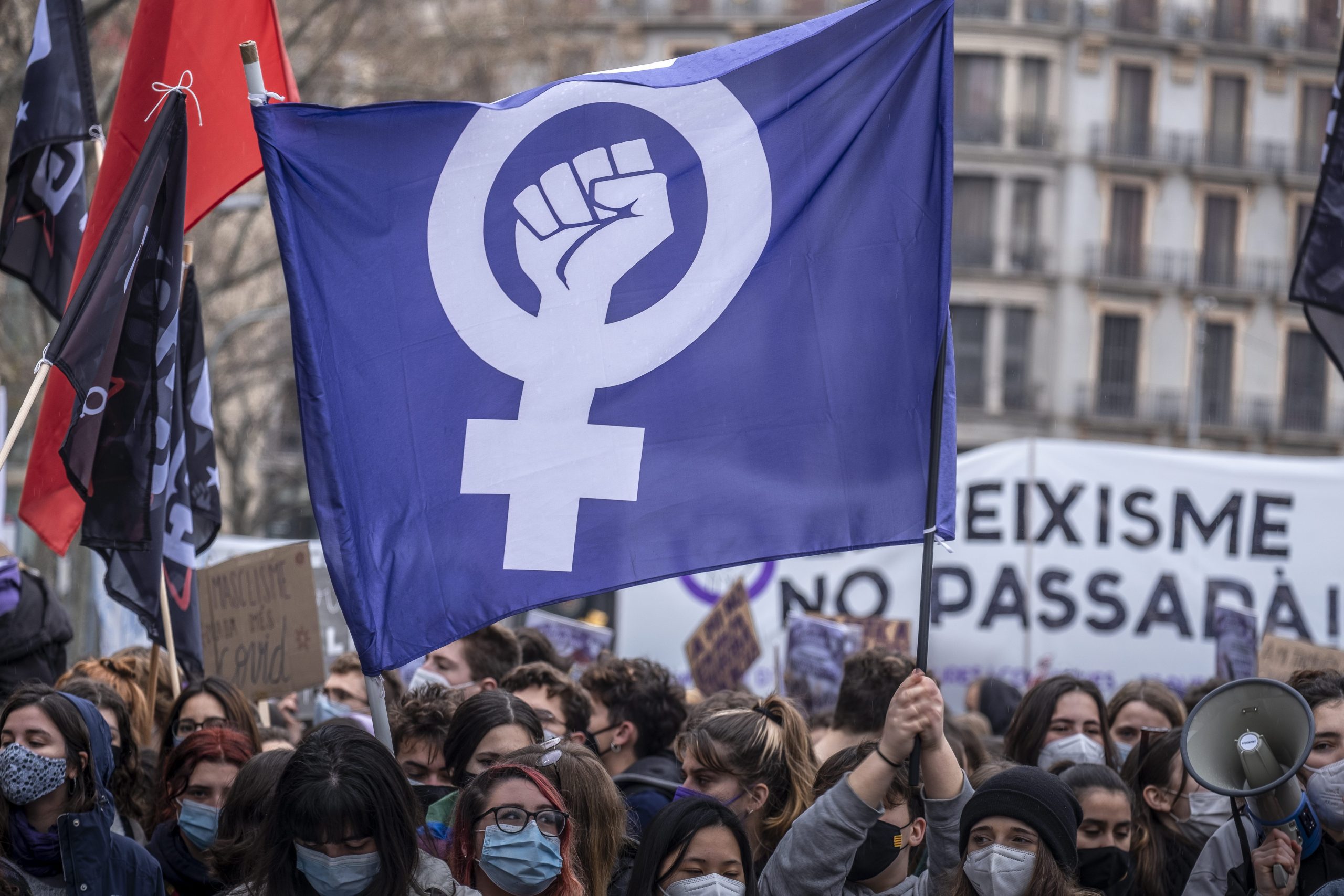On the eve of International Women’s Day the Spanish government voted in favour of making changes to the controversial ‘only yes is yes’ law. The proposed reforms have become a litmus test for the progressive coalition government which has not been able to agree on the matter.
“The law is not working properly and it needs to be changed,” said Andrea Fernandez of PSOE. Unidos Podemos denounced the proposed reforms saying that they would return the law on sexual assaults to the “Penal Code of the Wolfpack”. The Minister for Equality, Irene Montero, Podemos, said on arriving at Congress that the vote is “bad news for the women of this country”.
The PSOE’s proposal went ahead with 231 votes in favour (PP, Ciudadanos and some minority allies), 56 against (Unidos Podemos, ERC and Bildu) and 58 abstentions, including that of Vox, who in a symbolic gesture did not vote after realising the initiative would be passed.
The plenary session took place 5 days after the General Council of the Judiciary published the first official count of the 721 sex offenders who have had their sentences reduced and the 74 who have been released from prison following the implementation of the ‘only yes is yes’ law.
The law which is part of The ‘Full Guarantee of Sexual Freedom Act’ was drawn up by the Podemos run Equality Ministry following the infamous wolf pack rape case in 2016 during the annual Running of the Bulls fiesta in Pamplona.
Consent is the central issue dealt with in the new law, it also removes the distinction between sexual assault and sexual abuse. Under the new law, any penetration without consent will be considered as rape, doing away with the previous definition of rape as an act of sexual assault using violence or intimidation.
Included in the law are protections for those who are victims of sexual assault, proposing a 24-hour crisis centre in every autonomous region of Spain, and specialist courts to handle cases of sexual assault.
Initially when the bill was put to parliament in August 2022, 201 deputies voted in favour, with only those on the far right voting against it.
However, since the revelation of hundreds of sex offenders’ sentences being reduced and early releases from prison, the law has come under fire from parliamentarians and the wider public.
According to a recent survey 57% of the Spanish public blame the new law for the reduction in sex offenders’ sentences and PSOE decided at the end of January to put forward legislative changes to the law which had had “undesirable outcomes”.
PSOE registered a legislative proposal to reform the ‘only yes is yes’ law in terms of the Penal Code.
Prior to the adoption of the ‘only yes is yes’ law, the Penal Code differentiated between sexual assault and sexual abuse; and between penetrative sexual assault (rape) and penetrative sexual abuse. In neither case did consent on the part of the victim exist, the difference lay in the use of violence or intimidation.
The Sexual Freedom Act eliminated this duality, in other words the difference between sexual abuse and sexual assault. This equalisation implies that the absence of consent in a sexual encounter will always be considered sexual assault.
The penal framework changed with the new classification of crimes, and thus the range of penalties to establish the number of years of imprisonment to be imposed on the perpetrator of the crime.
PSOE put forward the following changes in parliament on Tuesday 7 March:
The socialists proposed to leave the definition of consent intact as well as the classifications of sexual assault and sexual assault with penetration (rape) adding to each article a paragraph differentiating between sexual assault with and without violence, the same going for rape. This in turn would change the penal framework and is hoped, will resolve the current loopholes which have led to reduced sentences for sexual offenders.
Currently the law on sexual freedom states that sexual assault carries penalties of 1 to 4 years in prison and in the case of rape from 4 to 12 years.
PSOE’s proposed reforms would change the penalties depending on whether violence or intimidation took place. In the case of sexual assault without violence this would lead to imprisonment of 1 to 4 years; sexual assault with violence, intimidation or on a victim whose will is revoked for any reason of 1 to 5 years imprisonment; rape (penetrative sexual assault) without violence of 4 to 12 years imprisonment; and rape with violence, intimidation or on a victim whose will has been overridden for any reason of 6 to 12 years imprisonment.
In addition, the reform would modify articles referring to attacks on the sexual freedom of minors. The minimum sentences for rape would be increased from 8 to 12 years in prison if there is no violence or intimidation and the victim’s will is not overridden, and from 12 to 15 years in prison when any of these circumstances are met.
READ MORE:
- Spain’s Socialist Party bows to pressure and will propose changes to controversial ‘only yes means yes’ law
- Spain’s Socialist Party commits to changing controversial ‘only yes means yes’ consent law
- Spain’s controversial consent law sees 721 sex offenders’ sentences reduced and 74 get early release
Click here to read more Spain News from The Olive Press.








